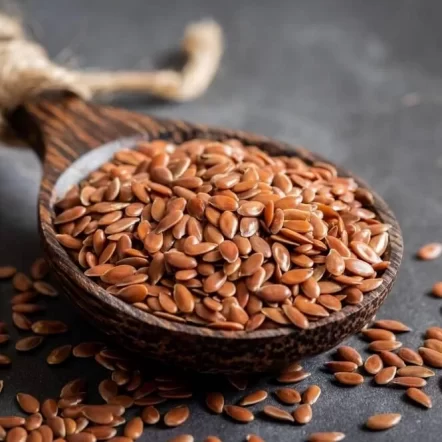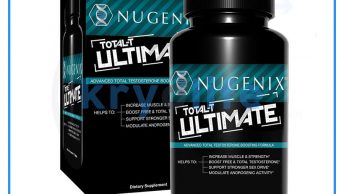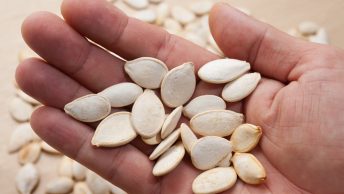Quick summary
- Flax seeds have various health benefits but can decrease testosterone levels due to the presence of lignins and omega-3 fatty acids.
- The impact of flax seeds on testosterone levels is temporary and can be counteracted with the use of natural testosterone booster supplements.
- Products such as Testogen, Testofuel, and TestRX can increase testosterone levels while avoiding adverse health effects.
You might have heard of hundreds of foods that can shoot up your testosterone levels, but do you know that some of them can actually decrease it as well?
Well, this article is all about one such unapprehended food which has lots of other health benefits.
Flax seeds are loaded with a ton of health benefits, some of which includes:
- Reduction in blood pressure
- Improved brain health
- An overall decreased risk of cancer
- Enhanced digestion
But studies show that flax seeds can decrease testosterone. Let us try to dig into the science behind it.
How do flax seeds influence your testosterone level?
Flaxseeds are loaded with heart-friendly fatty acids and gut-friendly fibers, apart from many vitamins and minerals that are beneficial for general health.
However, certain studies show that lignins present in the flax seeds can, in fact, decrease the t-hormone levels.
Lignins bind with testosterone and improve their excretion rate from the circulatory system.
The omega-3 fatty acids are also abundantly found in flaxseed, and certain studies suggest that it may be linked to decreased levels of t-hormone.
Some observations report that the fatty acid content of this seed might interfere with the testosterone to dihydrotestosterone conversion, leading to decreased levels of active t-hormone in the body.
Can you boost your testosterone levels while having flax seeds in your diet?
Luckily, yes. The impact of flaxseed on your system is temporary and doesn’t interfere with your testosterone mechanism permanently.
There is a certain class of products called nutraceutical testosterone boosters manufactured from herbal ingredients under a clinical setup. You might want to rely on them for a variety of reasons.
Depending on the manufacturer, the product’s composition differs; but the base principle is the same – to increase the testosterone in the body.
For example, D-aspartic is common in many popular supplements like Testogen, Testofuel, TestRX, etc., but some accessory components like vitamins and minerals might change across the product.
In a nutshell, these products can boost your t-levels without imparting any other adverse health effects, unlike their chemical counterpart.
Conclusion
Flaxseed does decrease the t-hormone levels because of its high lignin and omega-3 fatty acid content.
If you are a regular flaxseed supplement user, there might be a slight decrease in your t-levels over time.
But, the good news is you can still have its benefits without compromising the testosterone dip.
You can complement testosterone with natural booster supplements, which can have many benefits apart from athletic and sexual performance enhancement.







